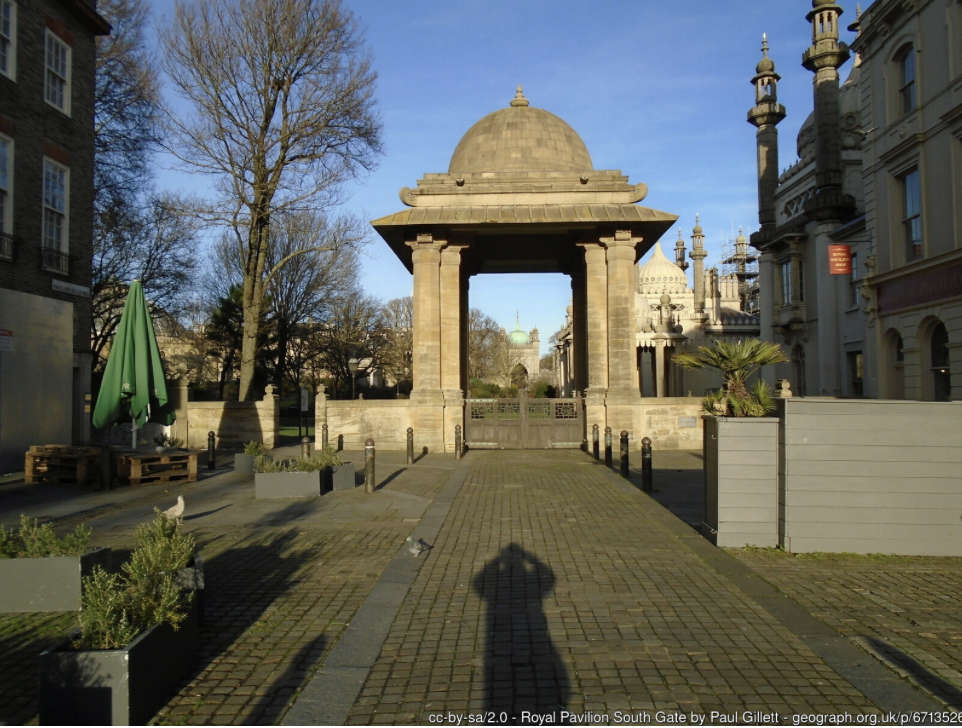
A new multi-faith event to commemorate the role of soldiers from pre-partition India won the backing of councillors on Thursday (April 18).
The event will be put together by Brighton and Hove City Council in collaboration with the Royal Pavilion and Museums Trust at the India Gate on or around Saturday, October 26.
Members of the council’s Culture, Heritage, Sport, Tourism and Economic Development Committee unanimously backed the idea.
They voted to set up a committee of community leaders chaired by the current deputy mayor, Labour councillor Mohammed Asaduzzaman (below), to oversee the event and secure funding for future years.
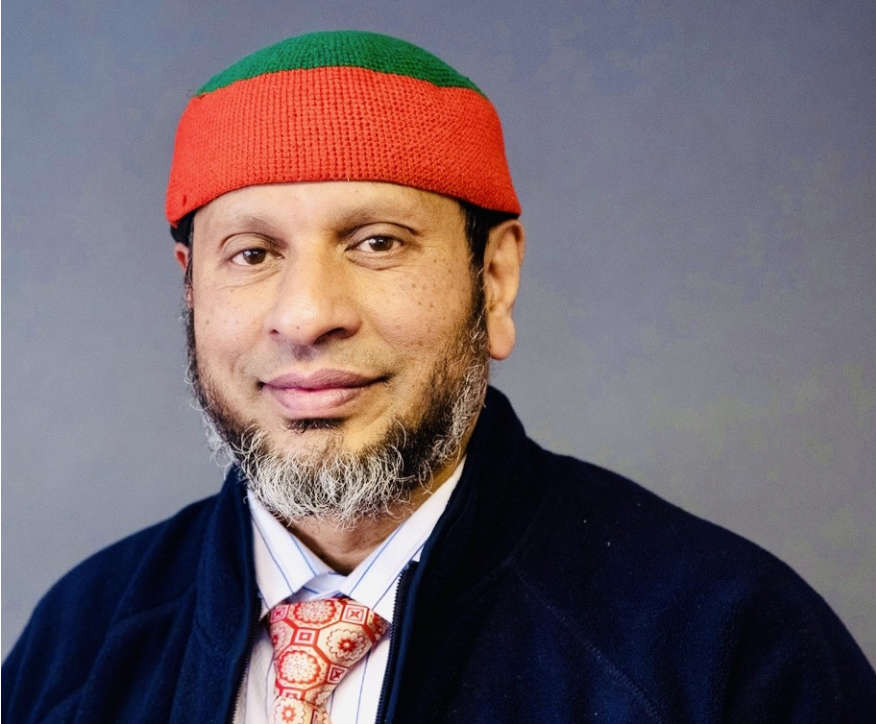
The move is in response to a motion proposed by Labour councillor Birgit Miller at a meeting last November.
She wanted to recognise the significant role of soldiers from undivided India, before the 1947 partition, and from the wider region in ensuring victory in the First and Second World Wars.
Today, Councillor Miller said:
“It is very important for the city and it’s very important for the country that we recognise all Commonwealth soldiers.
“I’m from a Commonwealth country and I can see the difference in recognition for Canadian soldiers and from soldiers from Asia, Africa, all the rest of the Commonwealth. There is a real difference.
“We can be that council that starts to change that conversation so I’m very proud that we are moving forward with this.”
Green councillor Raphael Hill described the commemoration as a “good use” of council time to bring people together at a time of division.
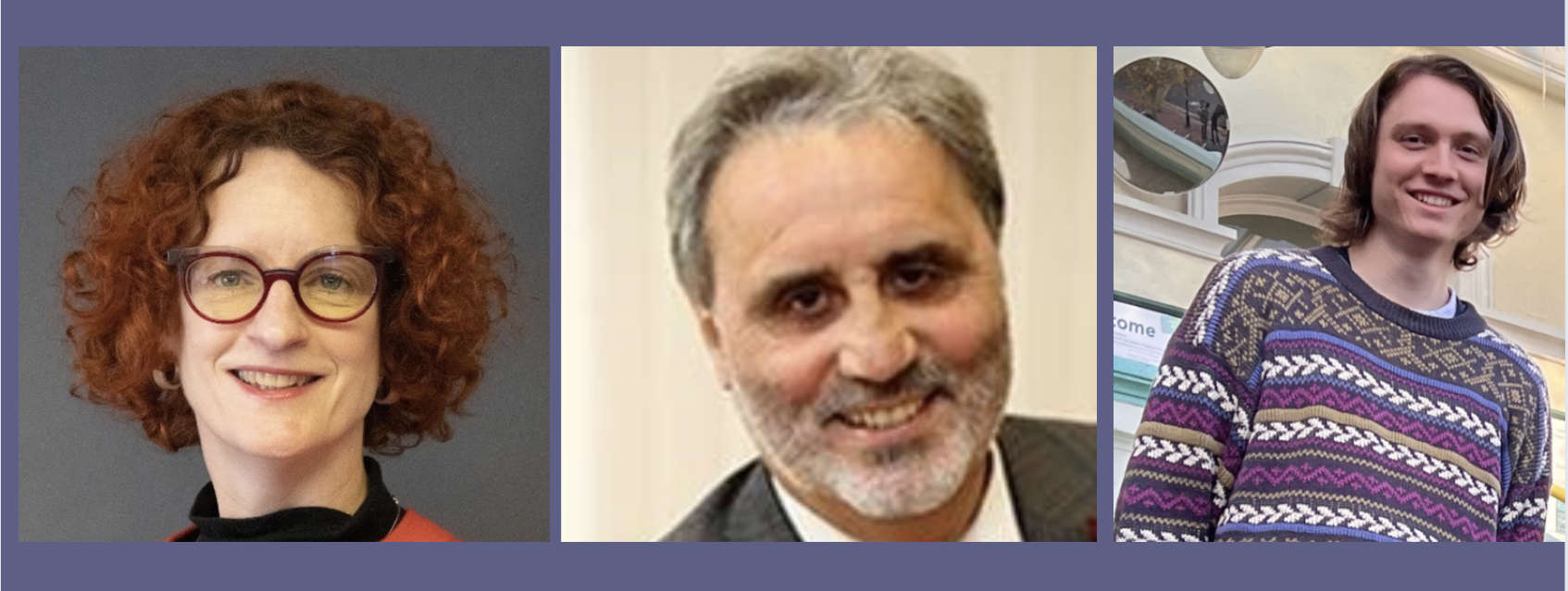
Councillors: Birgit Miller, Alan Robins, Raphael Hill
Councillor Hill said:
“It’s important, particularly right now, to bring forward these multi-faith events.
“I know a lot of people here attended Iftar recently. Working with groups like the Dialogue Society that runs the annual Iftar might be a way to ensure the continuation of this annual multi-faith event as they have a lot of experience of running this sort of thing.”
Labour councillor Alan Robins, who chairs the committee and who is also a Royal Pavilion trustee, said that it was important to remember the whole history of the Pavilion beyond its time in the 1820s when it was King George IV’s palace.
Councillor Robins said:
“There is so much more to the story of the Pavilion and the Pavilion Gardens and the India Gate.
“It’s great we are starting to see that and tell the story. I’ve lived in Brighton my entire life and it wasn’t a story we learned in school.”
The India Gate was a gift to the city from the “princes and people of India” and was unveiled by the Maharajah of Patiala on Wednesday 26 October 1921.
The Royal Pavilion was one of three buildings in Brighton used to house soldiers from undivided India and served as the base hospital.
During the First World Ward 1.5 million soldiers from India, Pakistan, Bangladesh, Nepal, Bhutan and Myanmar (Burma) fought in the trenches.
From 1914 to 1916, 12,000 of those soldiers were treated in Brighton – more than 4,000 of them at the Royal Pavilion.
The Chattri memorial, on the Downs just north of Brighton, commemorates 53 Hindu and Sikh soldiers who were cremated there.
In the Second World War more than 2.5 million men from undivided India volunteered to serve in the British Indian army.
Consultation is expected to involve local armed forces personnel, the Undivided India Ex-Services Association, a retired teacher, Davinder Dhillon, who has organised the annual Chattri remembrance service for many years, and the wider South Asian community.
The proposed multi-faith element is intended to recognise and involve the diverse religious communities from the sub-continent including Hindus, Sikhs, Buddhists, Muslims, Jains, Christians, Jews, Zoroastrians and those of other religions.

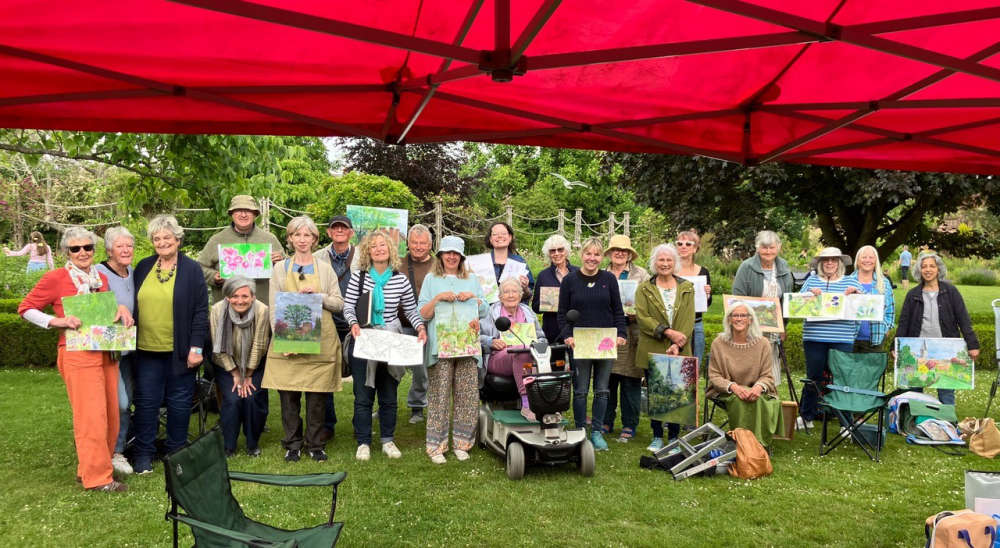 Free Open-Air Painting Exhibition Coming To Chichester
Free Open-Air Painting Exhibition Coming To Chichester
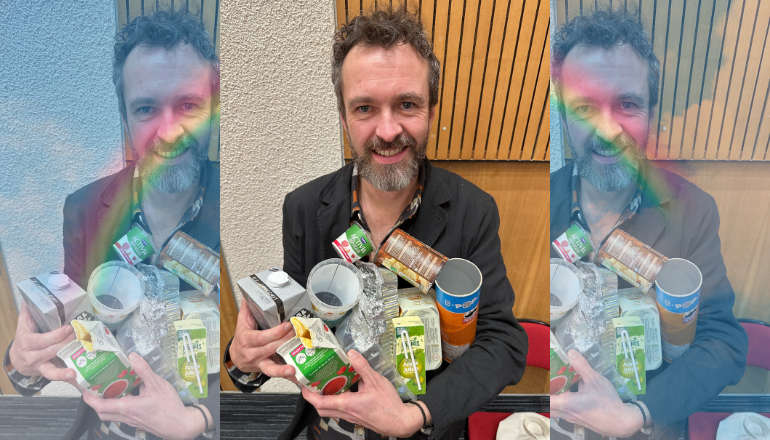 Magpie Boss Calls For Better Recycling Service In Brighton
Magpie Boss Calls For Better Recycling Service In Brighton
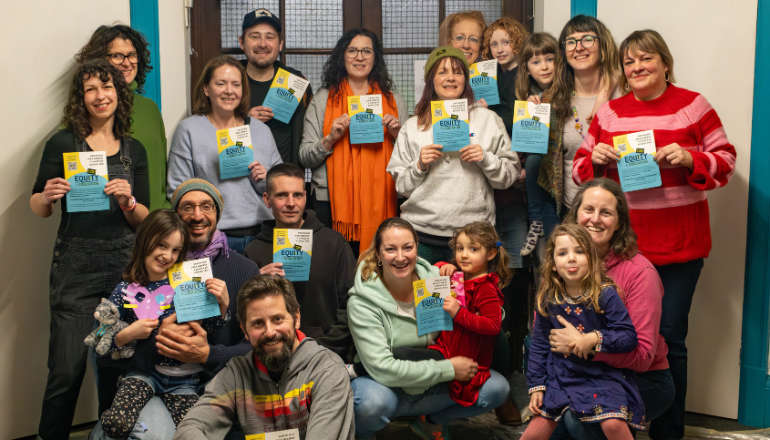 Brighton Parents Campaign For School Admissions Change
Brighton Parents Campaign For School Admissions Change
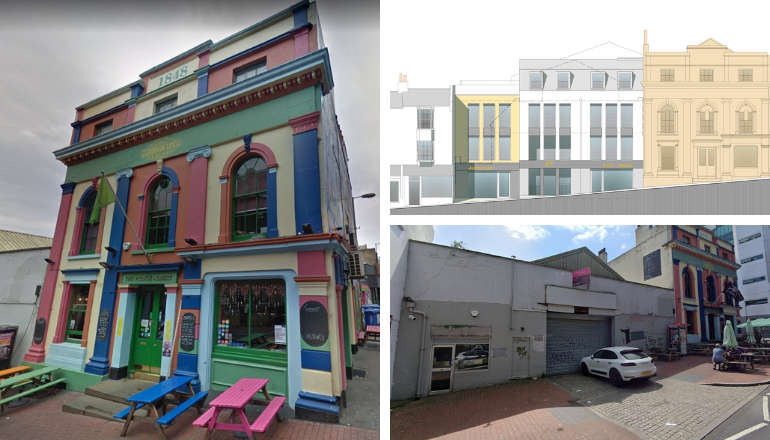 Planning Appeal Won For Offices By Brighton Pub
Planning Appeal Won For Offices By Brighton Pub
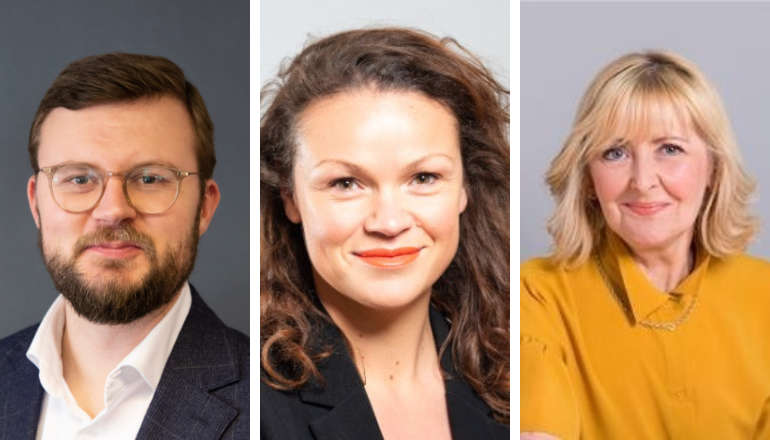 Extra Money Approved For More Than 200 New Council Homes On Brighton Estate
Extra Money Approved For More Than 200 New Council Homes On Brighton Estate